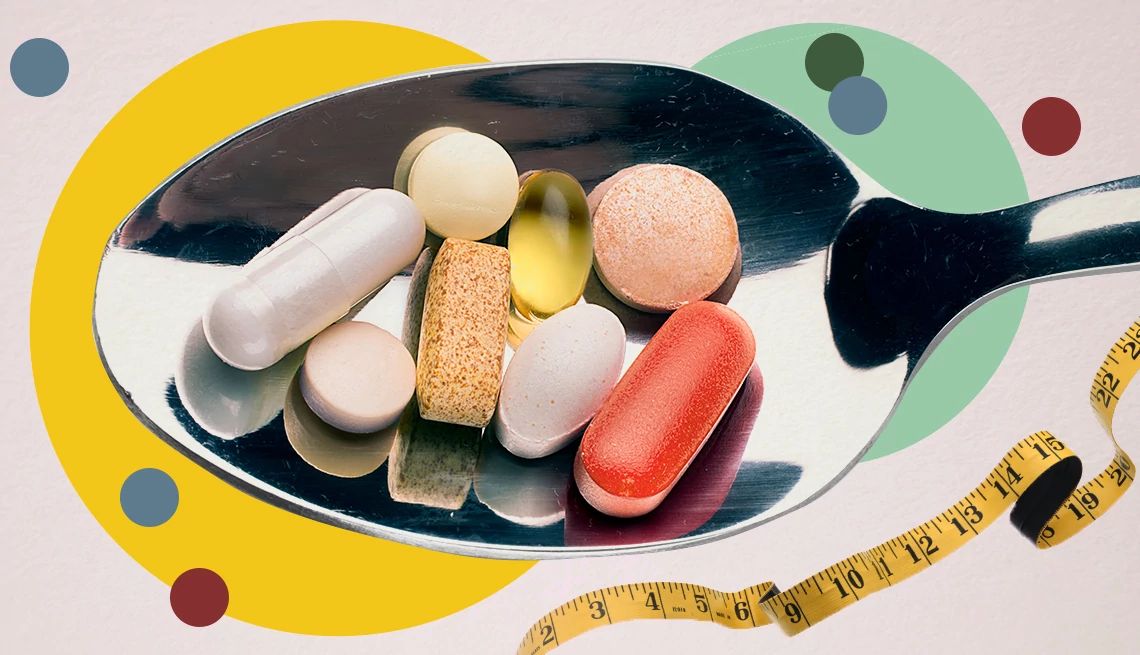Millions of Americans take dietary supplements daily, believing they help maintain overall health and wellness. Whether it’s a multivitamin, protein powder, or herbal remedy like turmeric, supplement consumption has become a widespread habit.
However, alarming new research suggests that these popular health aids may come with significant risks, including an increased incidence of liver damage.
According to data from the 2017–18 National Health and Nutrition Examination Survey, 58% of U.S. adults aged 20 and older reported taking a dietary supplement within the past month.
Usage is even higher among women (64%) compared to men (51%). More recent findings from a 2024 poll conducted by the Council for Responsible Nutrition (CRN) indicate that 75% of U.S. adults aged 18 and older regularly take dietary supplements.
A vast majority of supplement users—91% according to the CRN poll—believe these products are crucial to maintaining their health. However, experts warn that some supplements can have unexpected consequences, particularly when it comes to liver toxicity.
A 2022 study published in the journal Liver Transplantation revealed that cases of drug-induced acute liver failure linked to herbal and dietary supplements have increased eightfold between 1995 and 2020.
READ ALSO: Kano govt stops diversion of drugs, consumables in state-owned hospitals
Additionally, a 2017 study published in Hepatology found that supplements contribute to about 20% of liver toxicity cases in the U.S.
Last year, researchers at the University of Michigan identified six botanicals commonly found in supplements that are associated with liver damage. These include: Turmeric; Green tea; Ashwagandha; Garcinia cambogia; Red yeast rice and Black cohosh
These supplements are marketed for various health benefits, such as weight loss, stress relief, and improved metabolism. However, experts warn that their potential to cause liver damage cannot be ignored.
Beyond liver toxicity, concerns over supplement mislabeling and contamination are growing.
Dr. Robert Fontana, a hepatologist at Michigan Medicine, highlighted this issue in an August 2023 news release, stating that lab analyses revealed a 50% mismatch between labeled ingredients and actual contents in some supplements.
“If you buy a supplement and it says it has a certain ingredient, it’s basically a coin flip if that’s true or not,” Fontana warned.
In addition to mislabeling, research has found some supplements to be contaminated with toxic heavy metals, raising further concerns about their safety.
While the U.S. Food and Drug Administration (FDA) oversees supplement manufacturing, it does not regulate supplements in the same way it does pharmaceutical drugs.
Supplements are classified as food products rather than drugs, meaning they do not require pre-market approval for safety or efficacy. Instead, it is up to manufacturers to ensure accurate labeling and proper production.
READ ALSO: Relief for traders, households as food prices fall in Lagos markets
The FDA does maintain a database of warning letters sent to companies found violating regulations, including false health claims and poor manufacturing practices. Consumers are encouraged to report any adverse reactions or concerns about supplements to the FDA.
Health experts recommend caution when taking supplements, especially in high doses. While dietary supplements can be beneficial, excessive consumption—sometimes called “megadosing”—can lead to serious health risks, including overdose.
The National Institutes of Health’s (NIH) Office of Dietary Supplements has established upper intake limits (ULs) for many vitamins and minerals. For example, the recommended maximum daily intake of vitamin D for adults is 100 micrograms. However, some products may exceed these limits, and consumers taking multiple supplements may unknowingly put themselves at risk.
Dr. Joanne Slavin, a professor of food science and nutrition at the University of Minnesota, previously cautioned against unchecked supplement use. “Supplements in the U.S. are not supposed to have more than the UL in any single dose,” she explained. “But you could take 10 doses—we can’t control that.”
Experts stress that dietary supplements can be beneficial when used correctly and in appropriate doses. However, consumers should:
As supplement use continues to rise, so do concerns about their safety. While they may support health and wellness, understanding the risks is crucial to making informed decisions about what goes into your body.

 Entertainment1 week ago
Entertainment1 week ago
 Entertainment5 days ago
Entertainment5 days ago
 Comments and Issues1 week ago
Comments and Issues1 week ago
 Comments and Issues1 week ago
Comments and Issues1 week ago
 Business1 week ago
Business1 week ago
 Health7 days ago
Health7 days ago
 Comments and Issues1 week ago
Comments and Issues1 week ago
 Health3 days ago
Health3 days ago

